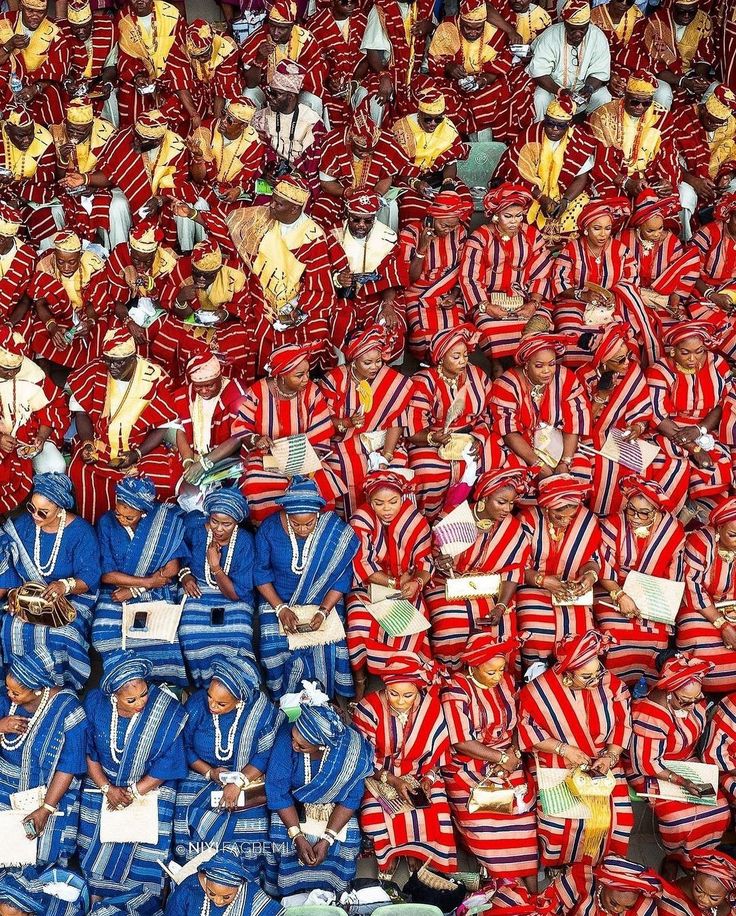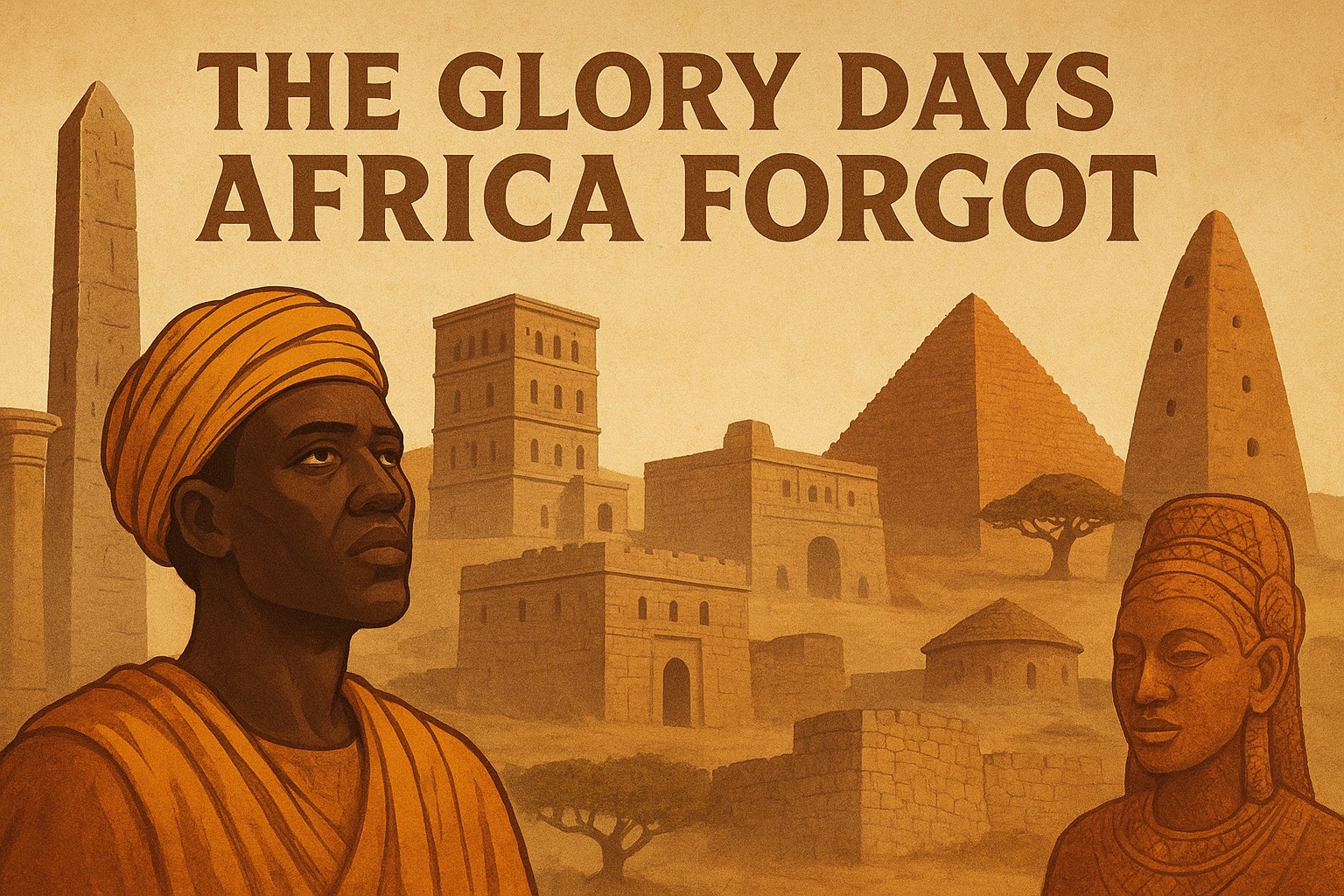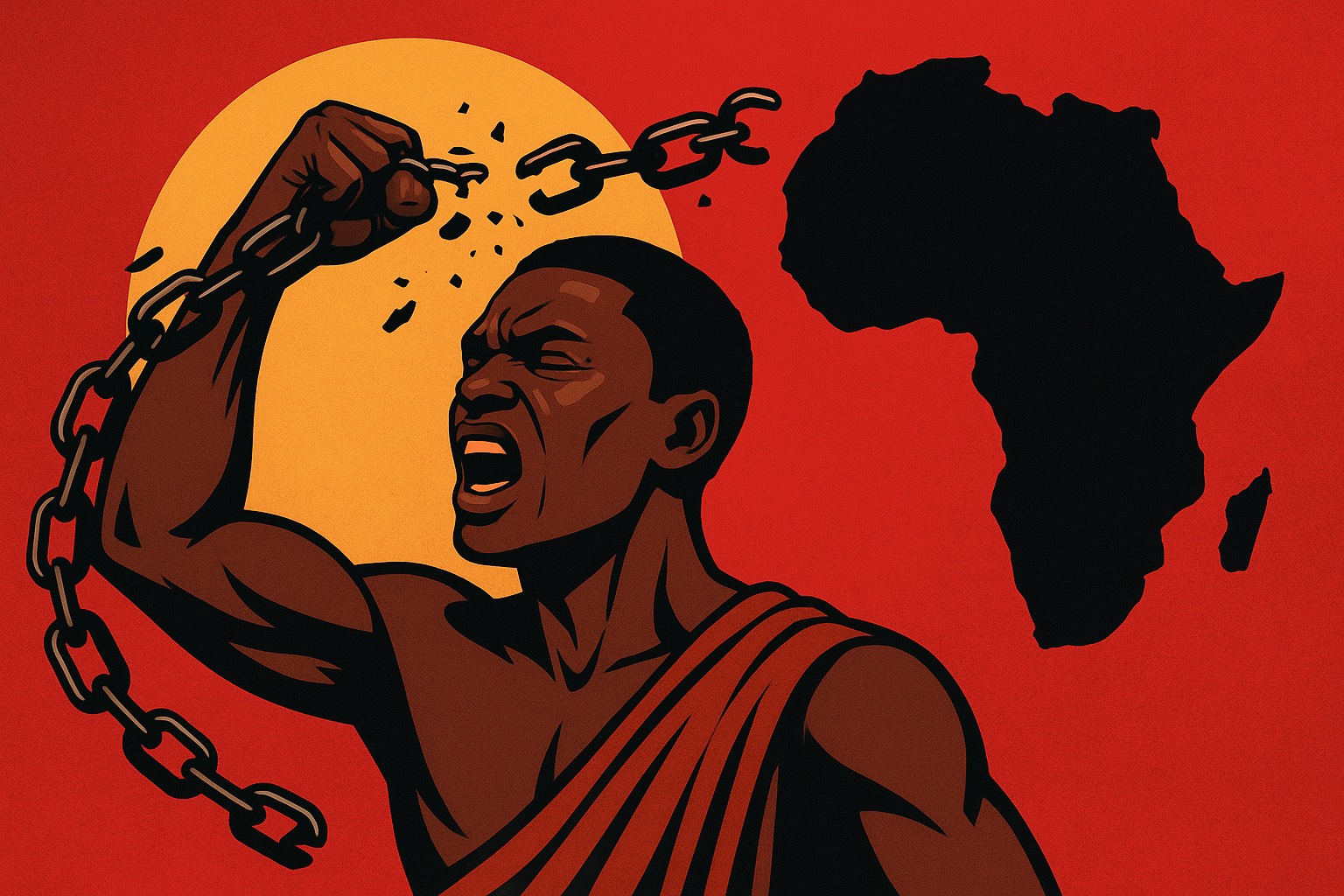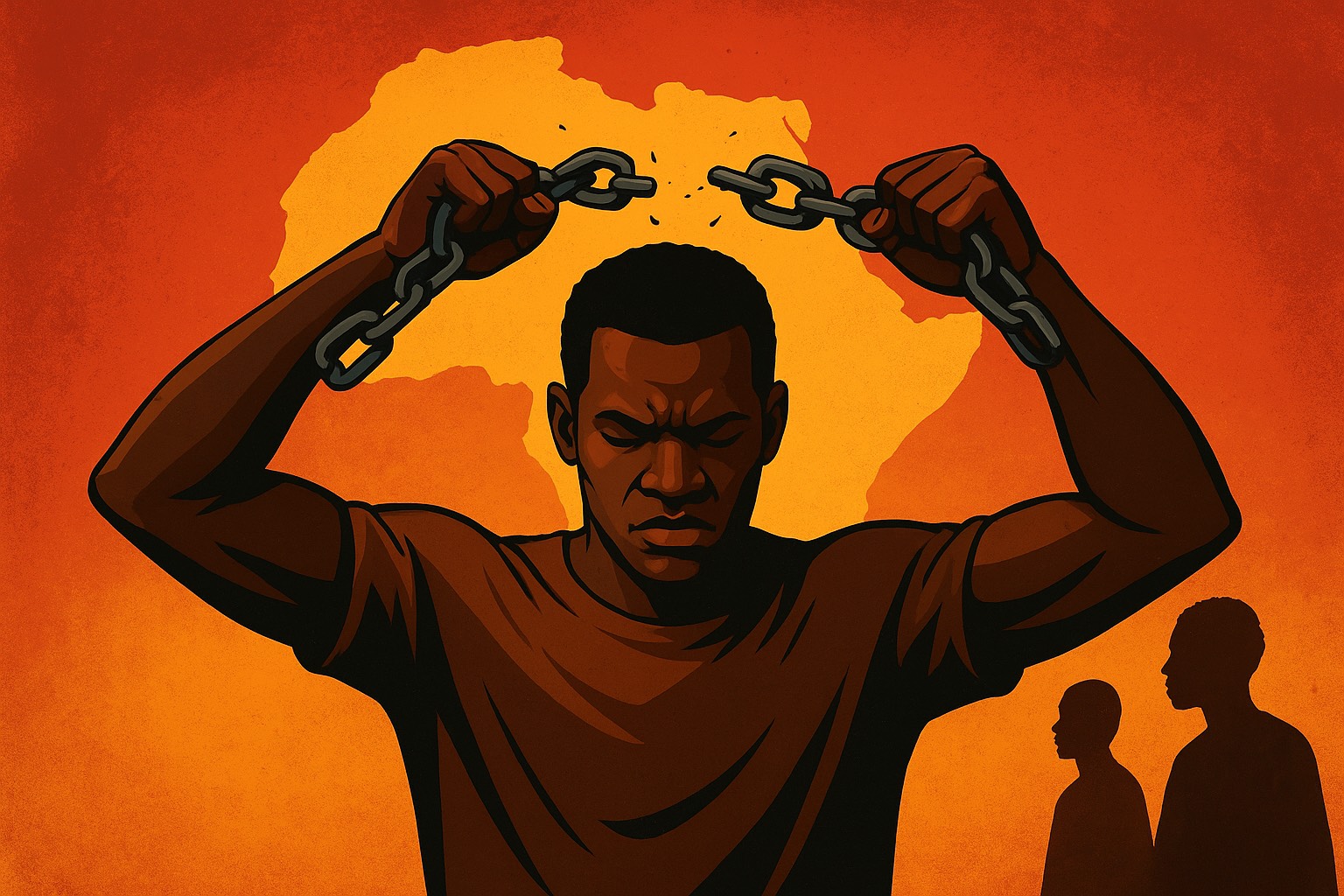Ojude Oba: A Grand Yoruba Celebration of Culture, Loyalty, and Majesty

Ojude Oba: A Grand Yoruba Celebration of Culture, Loyalty, and Majesty
Ojude Oba is a grand Yoruba celebration showcasing cultural pride, royal homage, and deep community loyalty, held in honor of the Awujale of Ijebu.
Every year, on the third day after Eid al-Kabir, the ancient town of Ijebu-Ode in Ogun State, Nigeria, comes alive with colours, chants, horse hooves, elegant fashion, and Yoruba pride. This is Ojude Oba, a festival beyond celebration; it is a powerful display of communal identity, cultural preservation, and homage to the Awujale (king) of Ijebuland.
But how did this magnificent tradition come to life?
Origins: From Personal Faith to Public Heritage
Ojude Oba, meaning "The King’s Forecourt," has deep spiritual and historical roots. It began over a century ago, not as a statewide or international spectacle, but as a humble visit.
The story centres on Balogun Kuku, a respected Ijebu war chief and wealthy merchant. After converting to Islam, he could no longer participate in the town’s traditional Odeda festival. Seeking a way to honour both his faith and his king, he initiated a new tradition: on the third day after the Ileya (Eid al-Kabir), he and his entourage dressed in regal attire and rode to the king’s palace to pay homage. The grandeur of this display, complete with horses, drummers, dancers, and gun salutes, marked the symbolic beginning of what would become Ojude Oba.
In the years that followed, other Baloguns and community leaders joined the procession, and the festival evolved into a large-scale public event.
Evolution: From Muslim Homage to Global Festival
Though rooted in Islamic tradition, Ojude Oba quickly became a festival of unity, inclusion, and cultural rebirth. Today, people of all faiths, Christians, traditional worshippers, and secular admirers celebrate alongside their Muslim brothers and sisters.
Central to the festival is the Regberegbe system, an age-grade grouping of men and women. These groups parade before the Awujale in coordinated attire, each one striving to outshine the others in beauty, dance, decorum, and display of community achievements.
Notable regberegbe groups include:
- Egbe Bobakeye (elderly men)
- Egbe Gbobalaye (elderly women)
- Egbe Gbobaniyi (middle-aged men)
- Egbe Obafuwaji (young adults)
Each year, new generations debut, while older groups return, reinforcing the Yoruba emphasis on age hierarchy, collective identity, and generational honour.
A Cultural Catwalk: Style, Horses, and Honour
The festival is also famous for its fashion-forward elegance. Participants, from celebrities to community leaders, wear custom Aso-Oke, Adire, Sanyan, lace, and damask, blending traditional fabrics with contemporary flair.
Horse-riding displays are led by the descendants of Ijebu warriors known as Baloguns. Families like the Kuku, Alausa, Adesoye, and Odunuga dynasties ride through the arena with fanfare and gunshots, showcasing bravery, legacy, and status.
In 2024, the image of Farooq Oreagba, a cancer survivor riding gracefully in an emerald agbada, went viral globally, symbolising resilience and regality.
Celebration Beyond Borders
Ojude Oba has transcended its local origins. In 2025, it drew over 100,000 participants, while millions watched live from Nigeria and abroad. Governors, ambassadors, business moguls, fashion influencers, musicians, and even royals travel to witness it.
It’s now considered Nigeria’s leading cultural export, compared with world-famous festivals like Brazil’s Carnival or India’s Holi.
Why Ojude Oba Matters
- Preservation of Yoruba values
- Intergenerational bonding through age grades
- Cultural tourism and local economy boost
- Global visibility of African traditions
- A display of community pride and unity
At a time when many African customs are fading, Ojude Oba reminds us that culture is not just inherited; it must be performed, protected, and passed on.


